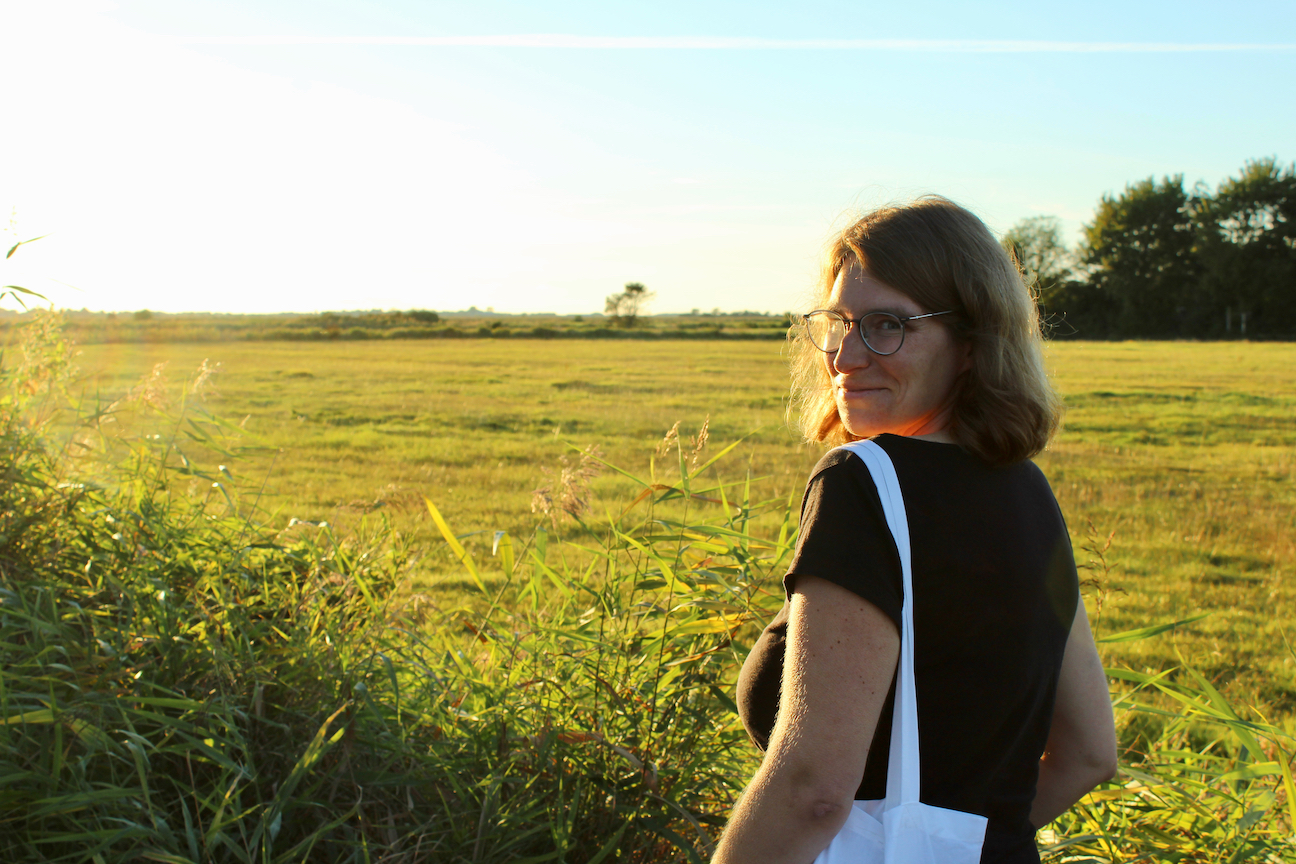Alumna but not forgotten: an interview with Christina Brauner
christina brauner

What were you working on during your time at global dis:connect?
I was at global dis:connect from October 2021 to September 2022, working on my monograph on advertising practices and the construction of markets in an early modern border region. As academic schedules demand multi-tasking, there were also some side projects to be pursued: I finished an article discussing the emergence of the ‘Global Middle Ages’ in historical scholarship – a publication linked to my broader interest in temporality and periodisation in global history. Together with a group of colleagues, I worked on an edited volume about Encountering the Global in Early Modern Germany (hopefully appearing with Berghahn in 2024).
Where do you work now and are you still dealing with dis:connectivity?
After my stay in Munich, I returned to Tübingen University, where I work as a tenure-track professor of late-medieval and early modern global history, aiming to finish the monograph in 2024. In discussions with colleagues as well as in thinking about my own work, the theme of dis:connectivity helps me to reflect on the changed and changing position of global history. In this sense, I always found it helpful to conceive of dis:connectivity both as an agenda for obscure and invisible research topics and as a call for a more reflective edge in historical scholarship and the humanities, thinking about the conditions and limitations of our engagement with the world at large.
What work have you encountered recently that particularly impressed you?
Stuart Hall’s Familiar Stranger: A Life Between Two Islands (2017, Duke University Press). It’s a captivating intellectual autobiography about the making of the postcolonial.
Which song could be the soundtrack for your time at gdc?
Whom would you most want as a dinner guest – anyone alive, dead or fictional?
If this is about food for thought rather than an elaborate meal, I think Thomas ‘Mad Hatter’ Tryon (1634-1703) might be an interesting dinner guest. Feasting on a cup of fresh water and some gently steamed vegetables, we could talk about religious radicalism in early modern London, life in Barbados and the Caribbean plantation economy, before moving on to discuss Jacob Böhme, Hindu religion and the importance of a well-aired bedroom, alongside vegetarianism and animal rights. It would be hardly anything than a very sober meal but a thought-provoking one, to be sure.





